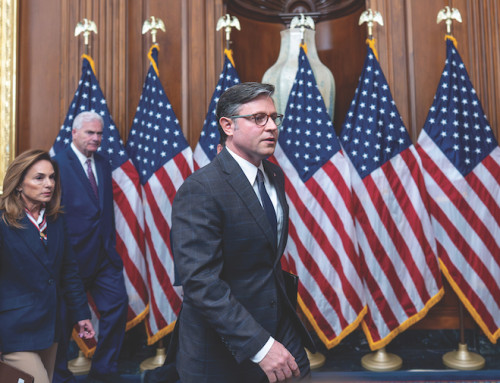NEW YORK (AP) — Citing a chronic shortage of financial backing for independent publishers and nonprofits dedicated to writing and reading, a coalition of seven charitable foundations has established a Literary Arts Fund that will distribute a minimum of $50 million over the next five years to a variety of entities in the literary world.
The idea for the fund was initiated by the Andrew W. Mellon Foundation, the country’s largest philanthropic supporter of the arts. Mellon President Elizabeth Alexander cited literature as a vital source of expression.
“Novelists, poets and all manner of creative writers have shaped and driven our collective discourse and capacity for invention since the nation’s founding,” Alexander, an acclaimed poet who joined Mellon in 2018, said in a statement. “American philanthropy can and must play a bigger role in strengthening the financial infrastructure of the literary organizations and nonprofits that serve these literary artists.”
Author-bookseller Ann Patchett said in a statement that support “of the future of literature is a cause for celebration.”
The other participants are the Ford Foundation, Hawthornden Foundation, Lannan Foundation, John D. and Catherine T. MacArthur Foundation, the Poetry Foundation and an anonymous foundation.
The project will be overseen by Jennifer Benka, whose previous experience includes serving as executive director of the Academy of American Poets.
The application process is scheduled to begin Nov. 10.
During an interview with The Associated Press, Alexander said the literary fund had been in the works well before the National Endowment of the Arts and National Endowment of the Humanities drastically cut back their support this year for virtually every art form.
She referred to a 2023 study from the research organization Candid that found literary organizations and individuals were receiving less than 2 percent of some $5 billion in arts grants awarded in the United States.
Parameters have not yet been established for the size of grants, but Alexander said support will likely extend across a wide range of recipients, from poetry festivals to writer residencies to small publishers.
“Support for literature goes a long way,” she said. “And language in its highest form is the best of humanity.”
Percival Everett, a Pulitzer Prize-winning novelist, said that “without non-profit publishers American letters would have stalled long ago.”
Everett himself was published for decades by an independent press, Graywolf, before moving to Penguin Random House and breaking through commercially with “James,” which received the Pulitzer in 2024.









